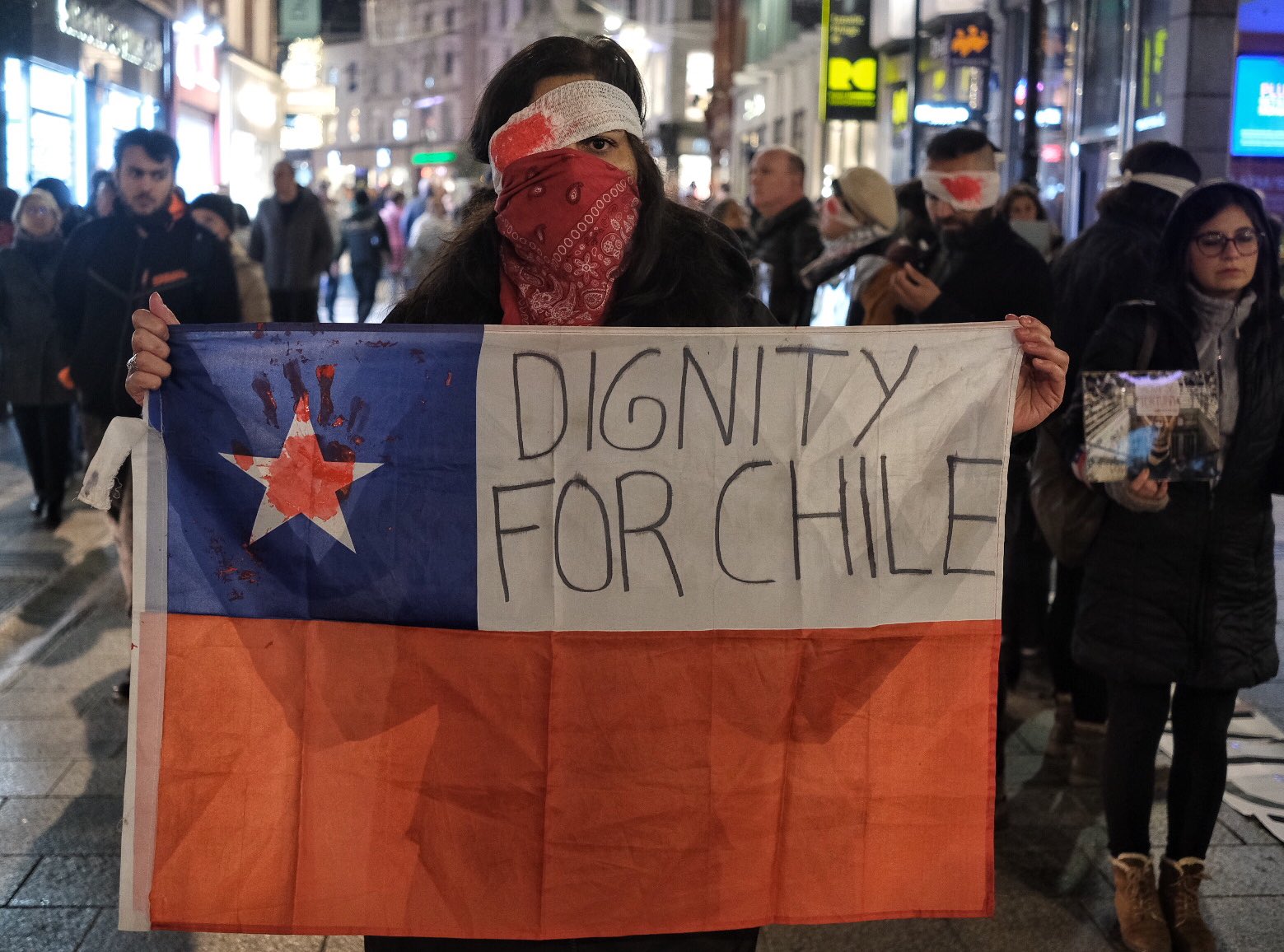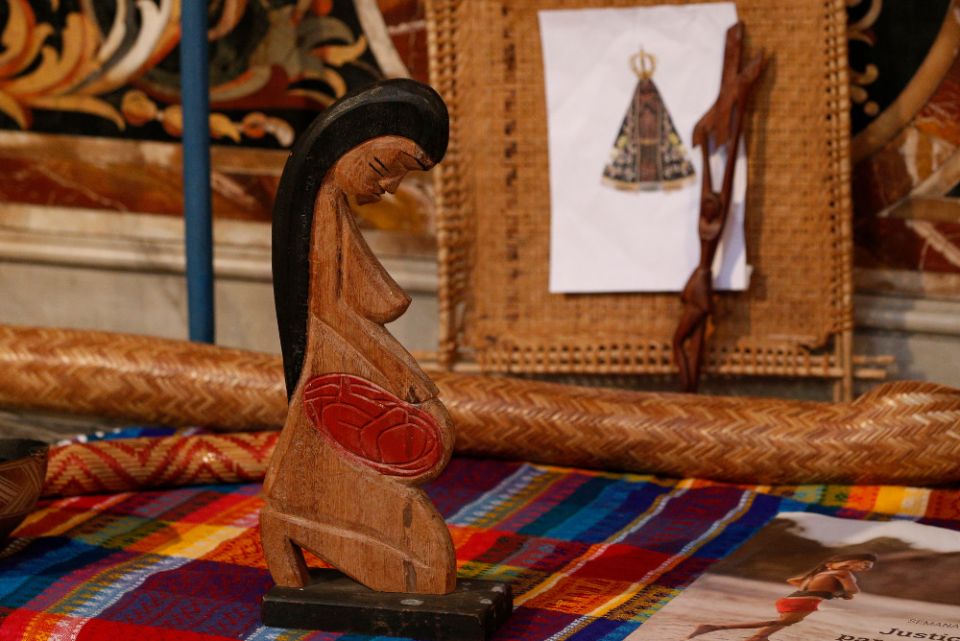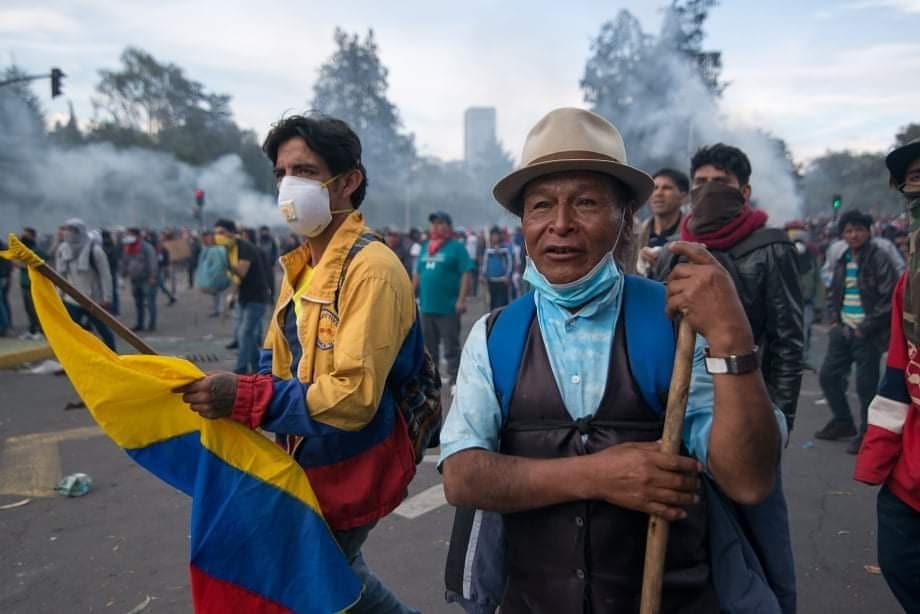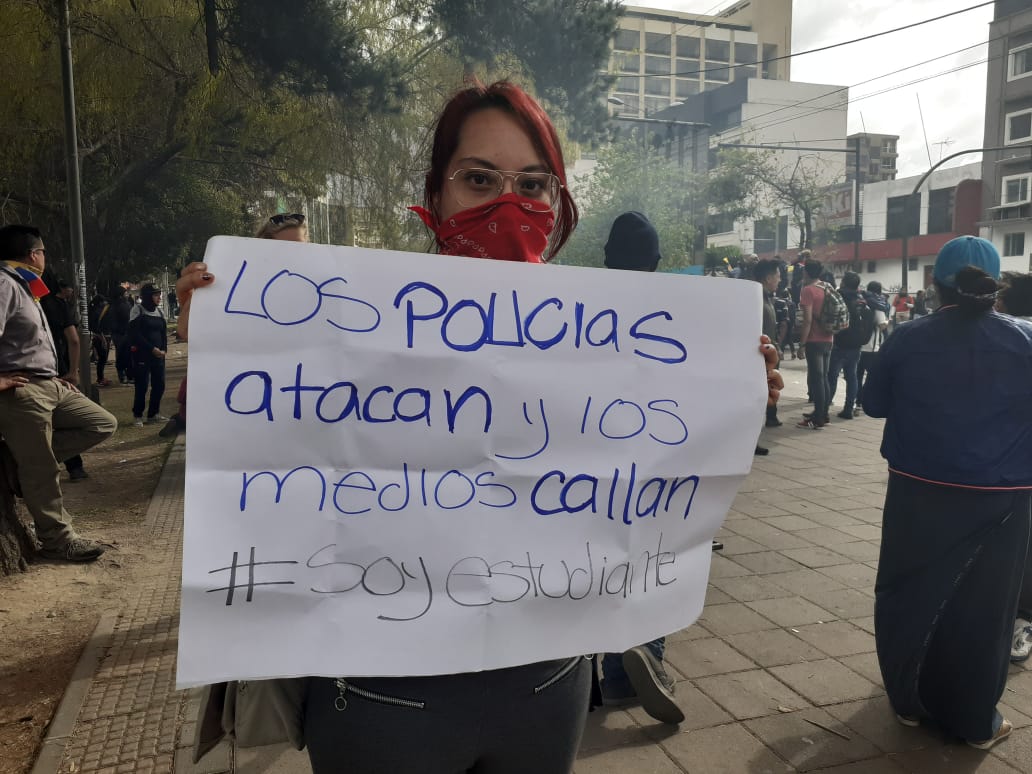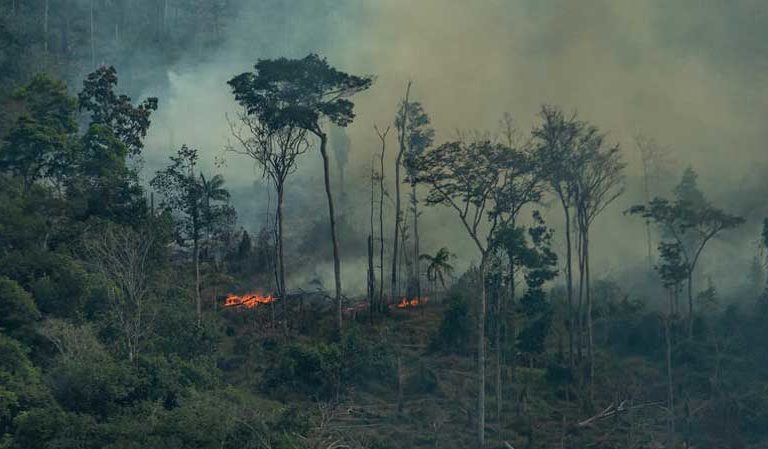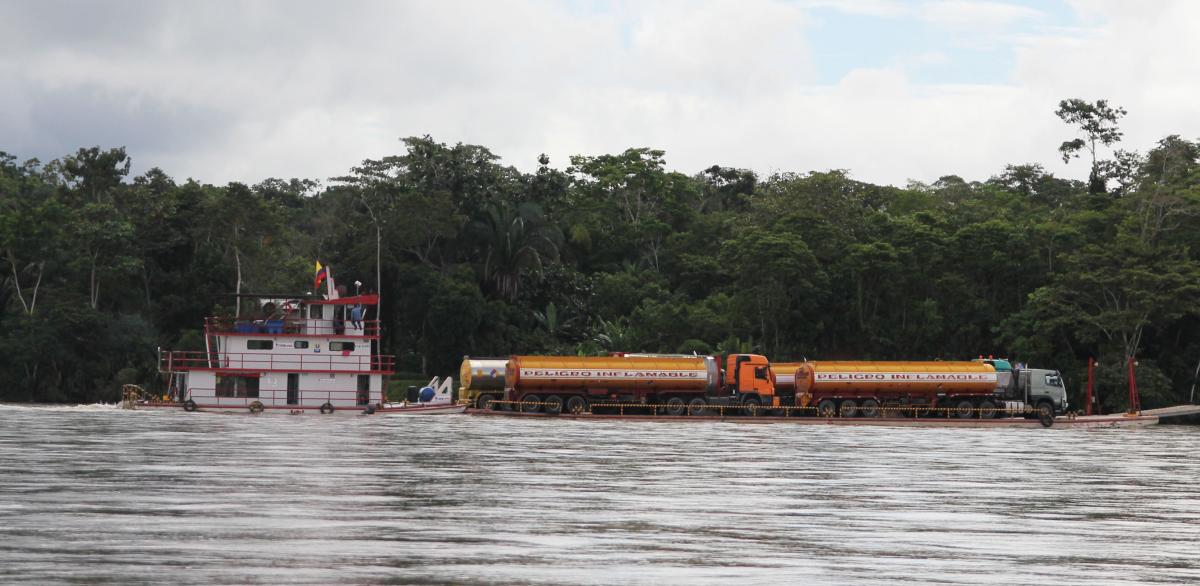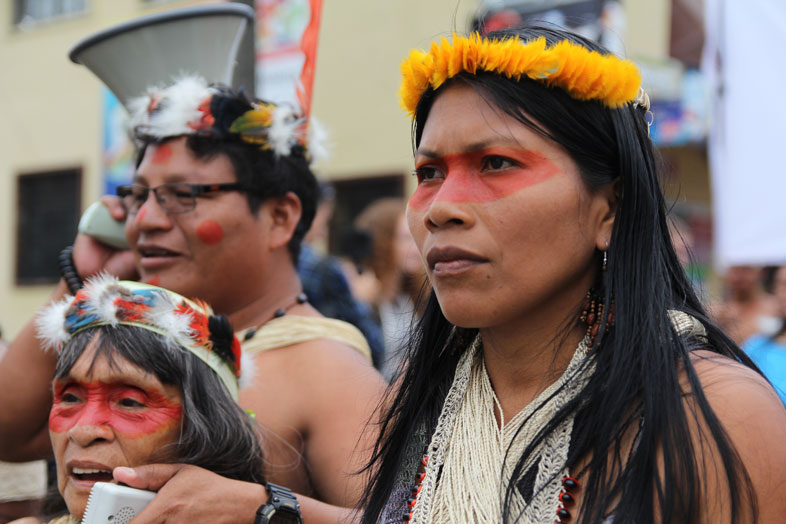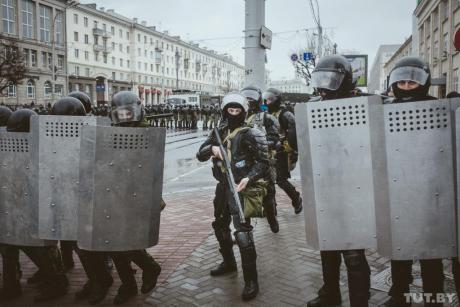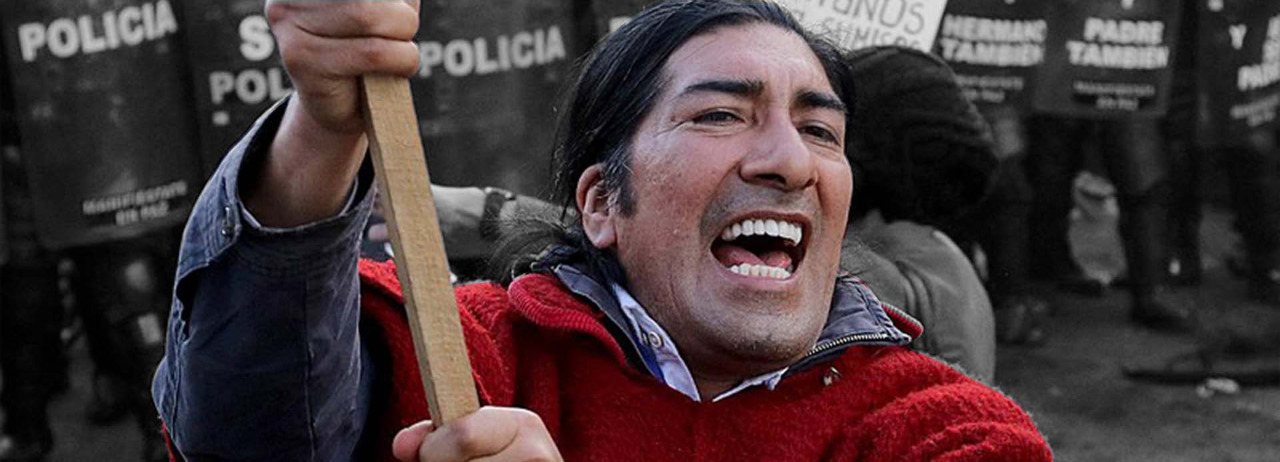
Indigenous candidate upsets Ecuador elections
Ecuador is heading to a run-off presidential race in April after leftist candidate Andrés Arauzof the Union of Hope (UNES) coalition won a first-round victory, following years of economic austerity made more painful by the pandemic. However, in a surprise development, his rival leftist Yaku Pérez Guartambel of the indigenous-based Pachakutik party emerged neck-to-neck with conservative banker Guillermo Lasso of the right-wing Creating Opportunities (CREO) party. The vote is still too close to call which challenger Arauz will face in the April run-off. Pérez portrays UNES and CREO alike as parties of the right that have embraced an economic model based on resource extraction. (Photo: Revista Crisis)




